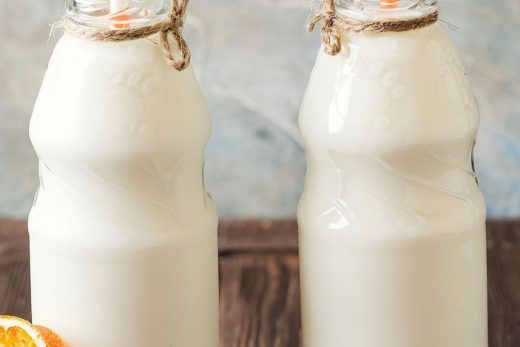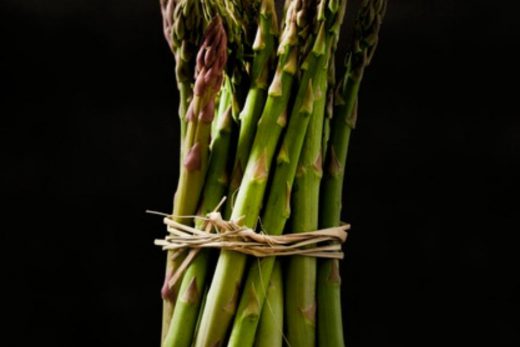To its detractors, none of this matters. Njahi, according to them, is every negative adjective in the book—disgusting, terrible, atrocious, etc.—and hardly deserves to be called food. Those who do acknowledge it as food often do so only to describe how bad it is: it tastes like 2020; it tastes like a sad only child; it tastes like grief and abandonment issues; it tastes like there’s no internet connection; it tastes like “chalk dust mixed with cement…no matter which way you cook it”; it tastes like unreplied-to emails when you’re unemployed; Leah Kanda, one of Kenya’s leading food bloggers, says it tastes like rusty iron nails cooked in soup. Et cetera.
At the heart of the njahi wars is the question of who gets to determine which foods are tasty. But at the real heart of these wars, as with a lot of other wars, is the violence of British colonialism.





